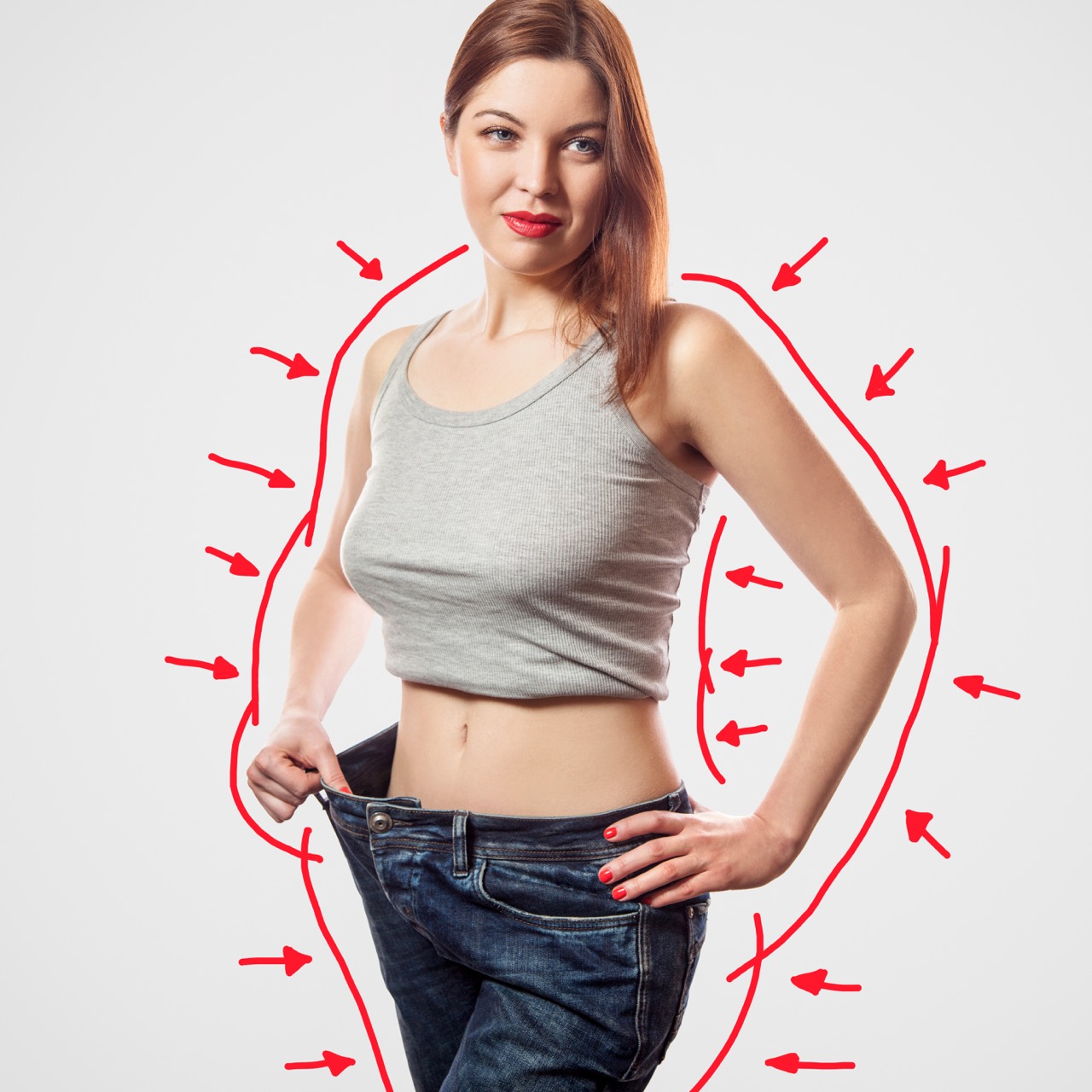Gastric Sleeve Surgery, also known as Vertical Sleeve Gastrectomy (VSG), is a popular bariatric procedure designed to help individuals lose significant weight. After undergoing this life-changing surgery, one of the most common questions is, "How long does it take to recover from Gastric Sleeve Surgery?" While the recovery process varies for each individual, most patients can return to their daily activities within a few weeks with proper care and adherence to post-operative guidelines.
In this guide, we’ll break down the Gastric Sleeve Surgery recovery time, what to expect during each phase, and tips for ensuring a smooth healing process.
At Tour Medical, we work with trusted Health Tourism Authorized clinics in Turkey to organize and coordinate your gastric sleeve journey, ensuring that you receive high-quality care throughout the process. Our partner clinics perform detailed evaluations and provide expert recommendations to help you determine if Gastric Sleeve Surgery is right for you.
Overview of Gastric Sleeve Surgery Recovery Time
The recovery time for Gastric Sleeve Surgery typically ranges from 4 to 6 weeks, depending on factors like age, overall health, and adherence to post-operative care. Here’s a breakdown of the recovery timeline:
- First Few Days: Hospital stay for 1-3 days.
- First Week: Rest and limited activity at home.
- Week 2 to Week 4: Gradual increase in physical activity.
- Week 4 to Week 6: Return to normal activities with caution.
Every patient’s experience is unique, but understanding the typical recovery timeline can help you prepare for a healthy recovery.
Gastric Sleeve Surgery Recovery Timeline
1. Hospital Stay (Days 1-3)
Most patients spend 1-3 days in the hospital after Gastric Sleeve Surgery. During this time, medical staff will monitor your recovery and manage any immediate post-operative discomfort or complications.
- Pain Management: Expect some discomfort around the incision sites, which can be managed with pain medication.
- Diet: You will start with a clear liquid diet to allow your stomach to heal.
- Activity: Gentle walking is encouraged to promote circulation and reduce the risk of blood clots.
2. First Week at Home (Days 4-7)
During the first week after discharge, the focus is on rest, hydration, and gradually reintroducing activity.
- Diet: You will continue on a liquid diet and slowly transition to full liquids like protein shakes and broth. Stay hydrated by sipping water frequently.
- Pain: Discomfort should gradually decrease and can often be managed with over-the-counter pain medications.
- Activity: Light walking is recommended, but avoid strenuous activities or heavy lifting.
3. Week 2 to Week 4: Transitioning to Soft Foods
As your body continues to heal, your diet progresses through different stages.
- Diet: You will move from full liquids to pureed foods and eventually soft foods, focusing on protein-rich options to support healing.
- Activity: You can gradually increase light activities, such as household chores, but avoid strenuous exercise.
- Follow-Up Appointments: These visits are essential to assess your progress and ensure there are no complications.
4. Week 4 to Week 6: Returning to Normal Activities
By Week 4 to Week 6, most patients feel well enough to resume normal daily routines.
- Diet: You can introduce solid foods back into your diet, but it’s important to eat small portions and chew thoroughly.
- Exercise: Light cardio and strength training may be resumed, but always consult your surgeon for approval.
- Work: Many patients return to work within 2-4 weeks, though those with physically demanding jobs may require additional time off.
Tips for a Successful Gastric Sleeve Surgery Recovery
-
Follow Dietary Guidelines
Stick to your dietitian's and surgeon's guidelines, transitioning slowly from liquids to solids. Avoid foods and beverages that may irritate your stomach or cause discomfort. -
Stay Hydrated
Dehydration is a common risk post-surgery, so sip water throughout the day. Aim for at least 64 ounces of water daily. -
Stay Active
Gentle walking is key to preventing blood clots and promoting circulation. Avoid strenuous activities until you get clearance from your surgeon. -
Monitor for Warning Signs
Watch for symptoms like severe pain, fever, nausea, or shortness of breath, which may indicate complications such as a gastric sleeve leak. -
Follow-Up Care
Attend all follow-up appointments to monitor your healing progress and address any concerns. -
Take Vitamins and Supplements
Since your stomach will absorb fewer nutrients after surgery, it's crucial to take prescribed vitamins, including multivitamins, calcium, vitamin B12, and iron.
FAQs About Gastric Sleeve Surgery Recovery
-
How long does it take to recover from Gastric Sleeve Surgery?
Recovery typically takes 4-6 weeks, but many patients return to normal activities within 2-4 weeks. -
When can I go back to work?
Most patients return to work within 2-4 weeks, depending on the nature of their job. -
How soon can I exercise after surgery?
Light walking is encouraged immediately after surgery. Moderate exercise like light cardio can usually be resumed after 4-6 weeks. -
What can I eat during recovery?
You will start with a liquid diet and gradually transition to pureed, soft, and solid foods over a 6-week period. -
How long will I be in the hospital?
Most patients stay in the hospital for 1-3 days after surgery. -
Will I experience pain after surgery?
Mild discomfort is normal, but pain medication will help manage any post-operative pain. -
When can I drive after surgery?
You can usually drive after 1-2 weeks, once you're no longer taking prescription pain medications. -
Will I need vitamins after surgery?
Yes, you will need to take vitamins and mineral supplements to prevent deficiencies. -
Can I shower after surgery?
You can shower a few days after surgery, but avoid soaking in a bath or swimming until your surgeon clears it. -
How can I stay hydrated during recovery?
Sip water throughout the day and avoid large quantities at once, especially during meals.
Even if you are not a patient of ours, you can contact us with any questions you may have. Our patient coordinators will be happy to assist you.
Email: info@tourmedical.com
 English
English














